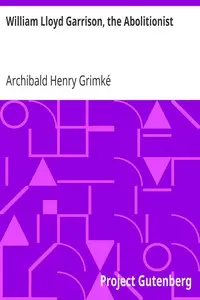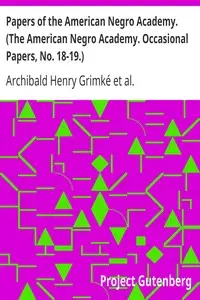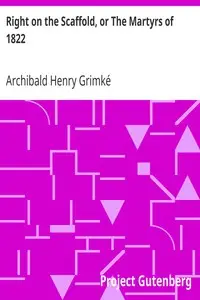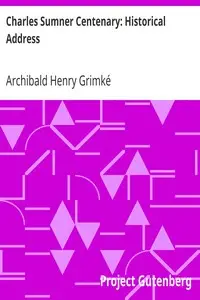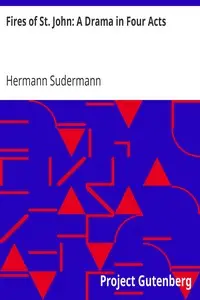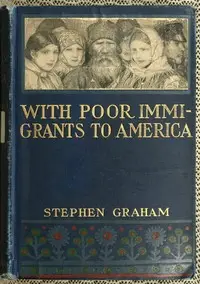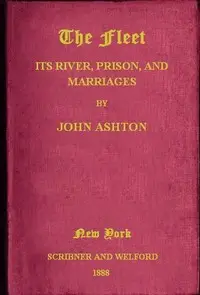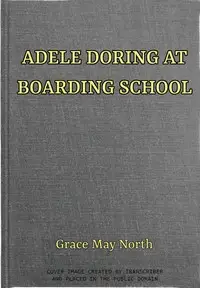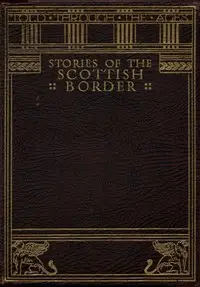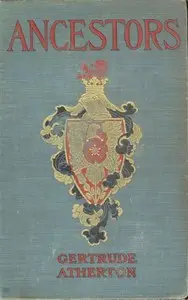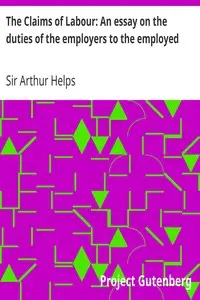"The Ballotless Victim of One-Party Governments" by Archibald Henry Grimké is an insightful political address published in the early 20th century, specifically in 1913. This significant work delves into the systemic disenfranchisement of the African American community, particularly in the Southern United States, highlighting the stark contrast between the legal rights granted to Negro citizens and the harsh realities they face in society. The book serves as a critical examination of the struggles for civil rights and the persistent social injustices inflicted upon African Americans. In this address, Grimké articulates the severe ramifications of living in a one-party government where the Negro is deprived of the ballot, rendering him powerless in political matters. He discusses the historical context of the African American’s fight for rights, reflecting on the progress made since emancipation juxtaposed against the ongoing oppression faced in the South. Through a passionate discourse, Grimké underscores the importance of suffrage as a means of protecting the rights and dignity of African Americans while critiquing the complicity of both Northern and Southern whites in perpetuating racial discrimination. His call for political engagement and equal rights remains a poignant commentary on the struggles that are still relevant in discussions of race and democracy today. (This is an automatically generated summary.)
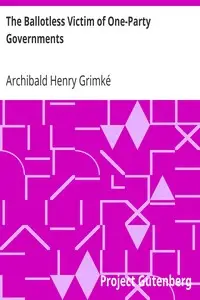
The Ballotless Victim of One-Party Governments The American Negro Academy, Occasional Papers No. 16
By Archibald Henry Grimké
"The Ballotless Victim of One-Party Governments" by Archibald Henry Grimké is an insightful political address published in the early 20th century, spe...
Archibald Henry Grimké was an African-American lawyer, intellectual, journalist, diplomat and community leader in the 19th and early 20th centuries. He graduated from freedmen's schools, Lincoln University in Pennsylvania, and Harvard Law School, and served as American Consul to the Dominican Republic from 1894 to 1898. He was an activist for the rights of Black Americans, working in Boston and Washington, D.C. He was a national vice-president of the National Association for the Advancement of Colored People (NAACP), as well as president of its Washington, D.C. chapter.

